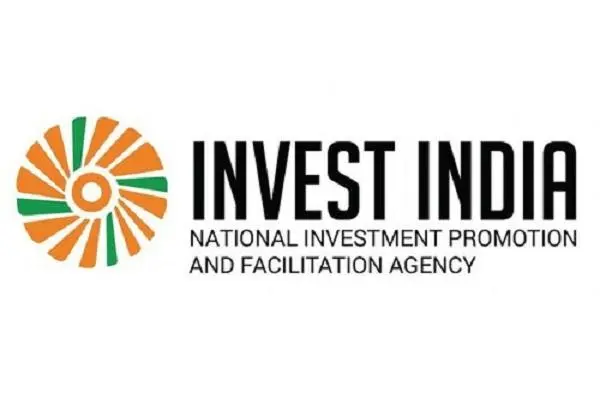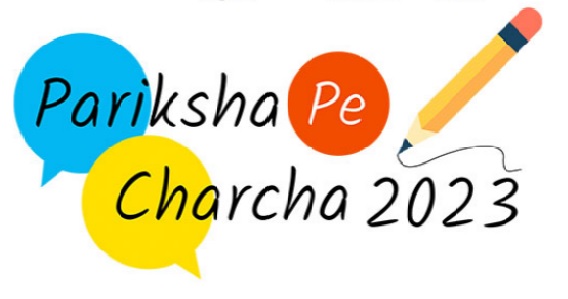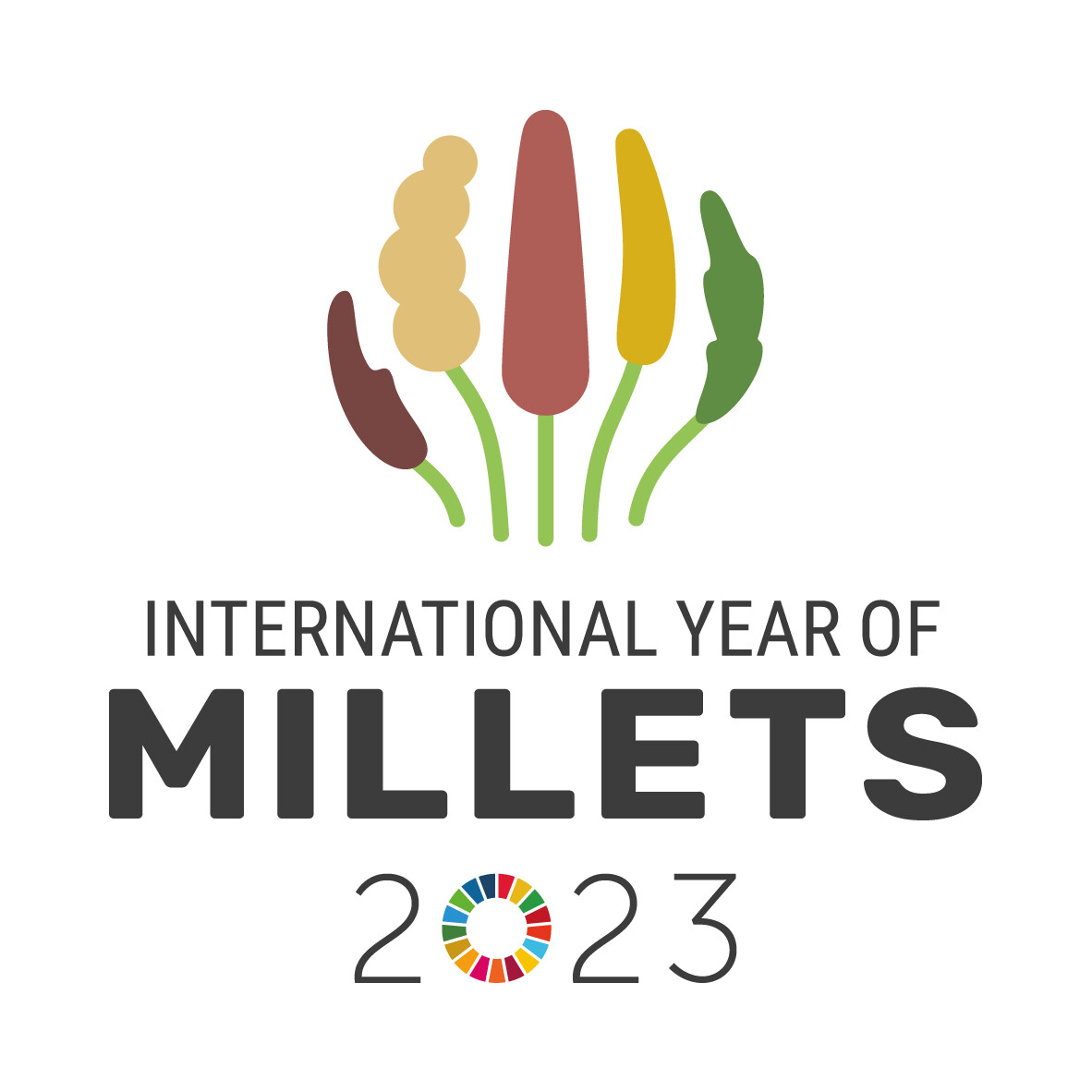Advisory for Indian Students
South Korea has been attracting a lot of international students into their undergraduate, graduate and research programmes. There are about 400 national and private universities and some universities have state-of-the-art research facilities in several new and emerging scientific fields.
Universities that are oriented towards international students conduct 30% of their lectures in English Language. Graduate programmes have more lectures in English than undergraduate courses. There are some universities where all the courses are taught in English. Another option is to enroll in Korean language course prior to the academic session. The academic year starts usually in March for spring season and September for fall. A prospective student should start making preparations one year prior to the intended time of arrival. Tuition fee varies depending on the university. Generally, the national universities are cheaper than private ones. For more details regarding courses, English exclusive lectures, Dormitory etc. in major universities and colleges in Korea please visit the link https://www.studyinkorea.go.kr/en/sub/overseas_info/request/universityList.do
Scholarship
There are different Korean Government scholarship programs: The details of such programmes are given below:
|
Sr. No. |
Programme |
Link |
|
|
Global Korea Scholarship Program |
|
|
|
Korean Government Support Program for Foreign Exchange Students |
https://www.studyinkorea.go.kr/en/sub/gks/allnew_exchange.do |
|
|
Support Program for Self-financed Students |
https://www.studyinkorea.go.kr/en/sub/gks/allnew_excellentMercy.do |
|
|
GKS (Global Korea Scholarship) Invitation Program for Students from Partner Countries |
https://www.studyinkorea.go.kr/en/sub/gks/allnew_majorNation.do |
|
|
GKS for ASEAN countries' Science and Engineering Students |
https://www.studyinkorea.go.kr/en/sub/gks/allnew_GKSforASEAN.do |
Universities' Scholarships
Many Korean universities give scholarship opportunities for international students. In most cases, such scholarships are granted in accordance with applicant’s GPA level. Detailed information can be found at the specific university website or, https://www.studyinkorea.go.kr
- Scholarship Type A (private universities located in Seoul metropolitan area)
| Grantees |
Benefits |
Requirements |
|
Undergraduate students |
covering 30% of tuition fee(minimum) |
who has outstanding GPA record |
|
Graduate students |
full tuition fee exemption |
Faculty recommended student who has outstanding GPA record |
|
covering 80% of tuition fees |
who was recommended by faculty |
|
|
Graduate students (enrolled in the field of international relations) |
full tuition fee exemption |
who has outstanding GPA record |
|
full tuition fee exemption |
who has outstanding GPA record |
|
|
full tuition fee exemption |
who has outstanding GPA record |
- Scholarship Type B (private universities not located in Seoul metropolitan area)
| Grantees |
Benefits |
Requirements |
|
Undergraduate students |
covering 50% of tuition fee |
who has outstanding GPA record |
|
covering 30~70% of tuition |
who has outstanding GPA record |
|
|
Graduate students |
full tuition fee exemption |
recommended students |
|
covering 80% of tuition fee |
who has great language skills |
|
|
covering 50% of tuition fee (excludes registration fee) |
who has outstanding GPA record |
※ Above mentioned types exemplify many university scholarships. In order to find specific Information, please contact the specific university.
For information about application to different universities please visit https://www.studyinkorea.go.kr/en/sub/overseas_info/request/request.do#
Student Visa
A student visa (D-2), is a prerequisite before departure for South Korea and may be obtained from the Embassy of the Republic of Korea in India, New Delhi http://overseas.mofa.go.kr/in-ko/index.do
Or the Consulate of the Republic of Korea in India, Mumbai http://overseas.mofa.go.kr/in-mumbai-ko/index.do or the Consulate of the Republic of Korea in India, Chennai http://overseas.mofa.go.kr/in-chennai-en/wpge/m_2782/contents.do
The following are the documents required for submission:
- Certificate of admission issued by the president of the college or university, which includes decision on the scholastic and financial ability;
- Certificate of the last school attended (Copy of the mark sheet & passing certificate);
- Letter of personal reference of financial affidavit;
- Bank Statement in case fee is paid by the student;
- In case of Research Scholar - Documents proving the Research Activity;
General Living Conditions
It is ideal to be able to stay on campus in a dormitory. However, one may also explore options of living outside the campus in a one room flat, a boarding house for students or as a paying guest with a Korean family. Though the general public does not speak much English, most university students and young people tend to speak English and in fact like to talk to foreigners to practice their own spoken English. South Korea has a well developed public transport system with a metro and bus system that is convenient and quick. Most Korean food is non-vegetarian but one can also find vegetarian food, other international food, fast food as well as Indian restaurants. University campuses have canteens at reasonable rates. As in most developed countries, the price of daily commodities is high compared to India.
***












